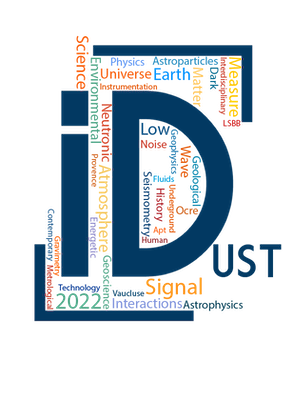Speaker
Description
Geophysical measurements using highly sensitive Superconductive Quantum Interference Device (SQUID) sensors have been in use since more than two decades. Owing to their extreme sensitivity, SQUIDs require very low noise environment for stable operation. The requirement of unshielded environment for geophysical data acquisition further pushes the need to find ways to reduce unwanted cultural noise including those of the powerline frequency, wind as well as other high-frequency noise. Electromagnetic geophysical measurements with low temperature SQUID sensors have been performed in different environmental conditions in India, and a comparison of various interferences that made SQUIDs unstable in unshielded environments was noted. Working with the SQUIDs in an unshielded environment outside the laboratory did not yield consistent stable operation due to random variations. The powerline noise, being periodic in nature, could be easily removed using suitable processing techniques but the random noise due to wind and high frequency interferences corrupted the data. Later, the cryostat containing the sensor probe was semi-buried into the earth in a remote location far away from any cultural noise. This led to reduction in the fluctuations due to wind and random vibrations and stable operation was ensured throughout an entire day. This easy, cost-effective way was used to perform transient electromagnetic measurements in an external unshielded environment for a long period of time. We discuss the difficulties in measurements in unshielded environment and present results showing transient electromagnetic data that could be obtained during the experiments.
